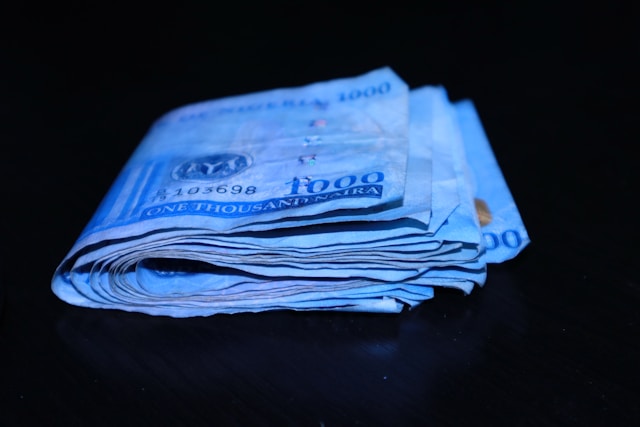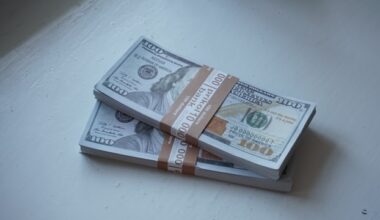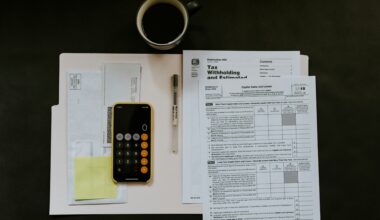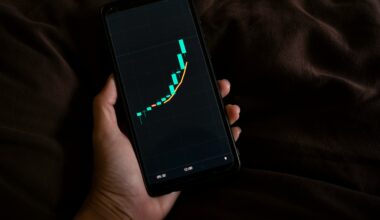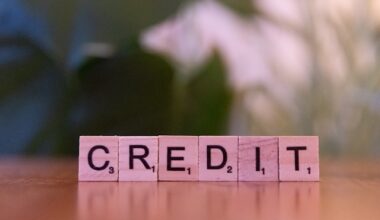It might sound odd: you’re lying in bed, midnight creeps in, and suddenly thousands of fellow Nigerians are hitting Google to check “naira to dollar”. Why? What drives this late-night curiosity of currency-watching? In this post, we’ll explore the behind-the-scenes reasons why the ₦/US $ rate becomes such a hot topic — especially after dark. The goal is to make sense of the surge, for you and your audience.
Understanding the surge in naira to dollar at midnight searches
1. The global foreign-exchange clock never sleeps
First off: the forex market operates 24 hours a day (Monday to Friday), with major overlapping sessions that keep the action going around the clock.
For Nigeria (GMT+1), that means late night and early morning hours include overlaps between Asian and European markets. Some traders, individuals and businesses therefore keep an eye on the rate even at midnight.
2. Dollar scarcity and naira-pressure
The local currency, the Nigerian Naira (₦), has been under pressure for some time. According to official data, 1 USD trades at over ₦1,440 on the official window.
When demand for dollars spikes — for imports, travel, school fees abroad, remittances — Nigerians begin to track the rate whenever they can, including at midnight.
3. Parallel (black)-market curiosity and hope of improvement
While official rates matter, many Nigerians are also watching what the parallel market (or “aboki” market) is doing. Although data is less formal, headlines often report midnight “somersaults” in the dollar rate.
The hope: “Maybe I’ll catch a dip,” or “Maybe the naira will rebound tonight.” That pushes midnight searches.
4. Inflation anxiety and savings erosion
With inflation high, cash savings in naira lose value quickly. Checking “naira to dollar” is a way of asking: How much is our currency really worth?
When you feel that tomorrow your money buys less, you look for gauge-points — and the dollar rate is one of them.
5. Overnight surprises, leaks and news windows
Sometimes the midnight check is about new information: a government statement, a central bank policy change, or a sudden liquidity issue. Financial websites update rates in real-time and Nigeria’s Central Bank of Nigeria publishes its Foreign Exchange Market (FX) rates each day. (Central Bank of Nigeria)
So if you wake up at midnight and see a new rate posted, your reflex is: “What just changed?”
What the data shows: how the rate is shifting
Here’s a snapshot of some recent values just to anchor the discussion:
| Exchange segment | Approximate rate (₦ per $1) | Notes |
|---|---|---|
| Official/retail window | ~ ₦1,440 – ₦1,500 | As per recent mid-market numbers. (Wise) |
| Historical extreme lows | ~ ₦1,800+ (parallel markets) | At one point the naira plunged dramatically. (AP News) |
| Trading window timing | 24 / 5 global FX hours | Midnight local time overlaps Asian session. (Headway) |
Why does this matter at midnight? Because when you wake up to “the dollar is ₦1,500”, you’re responding emotionally and financially — and thousands of others are doing exactly the same.
Key reasons Nigerians check naira to dollar at midnight
Let’s break down the core motivations in more detail — friendly, relatable, and real-world.
• Importers & cross-border traders
If you’re buying goods abroad or paying for imports, you need dollars. If you wake up and see the naira weakened overnight, your cost just climbed. So you check the rate at midnight to decide: Do I buy now or wait?
• Students & families sending money abroad
A student in the UK or US, or a family supporting someone abroad, will check because each ₦ counts — and if the value drops, your support budget shifts. Midnight checks become a habit.
• Speculators, forex watchers & hot-money
Some Nigerians are actively trading currencies, or simply “watching” with the hope of buying when the naira is “stronger”. Because the global FX market runs overnight, they check late hours. (Broker Forex in Europa | FXOpen EU)
• Media hype & social-media ripple effect
When news breaks (e.g., “naira hits record low”), people wake up and rush to search. Media headlines often reference rate changes in night markets or early morning windows. That creates the collective midnight spike in searches.
• Everyday savers trying to protect value
Even if you’re not trading, you’re just worried: “Will my savings be worth less tomorrow?” Checking the rate gives a quick indicator of economic mood. It’s a small act of financial control.
Why midnight in particular?
You might ask: Why not midday, why especially midnight? Here are a few nuanced reasons:
- Lower liquidity rooms: Some FX windows have less volume late at night, making even small flows trigger visible price movements.
- Global session overlaps: At midnight Nigerian time, the Asian session is winding down and European is ramping up — so new data/news from Asia can hit the naira-dollar pair. (Deriv Academy)
- Delayed reaction time: If something happens (oil revenue shock, FX policy change), the rate may adjust late — so the midnight check becomes the first moment you see it.
- Psychological timing: Late-night social-media posts, “just in” tweets about the rate, push people to phone in, check, refresh. It becomes a habit.
- End-of-day reflection: For business owners, exporters/importers, midnight can be a moment to tally the day’s USD exposure and decide next steps.
What the midnight search behaviour tells us about Nigeria’s economy
- High anxiety: When everyday people check exchange rates late at night, it signals worry about value, stability and future purchasing power.
- Dollar dominance: The fact that so many are tracking USD ↔ NGN means dollars still play an outsized role in Nigeria’s trade, savings and transactions.
- FX shock vulnerability: Because the naira is sensitive to external flows (oil revenues, investor inflows, remittances), any shock can trigger questions — and searches. For example: “the exchange rate fell to ₦1,475 per dollar as demand soared” in one recent commentary. (MarketForces Africa)
- Information gap & rapid reactions: People are trying to react quickly when new rate info emerges — which explains the midnight surge when new rates drop or news leaks.
Practical take-aways for you
If you find yourself checking “naira to dollar at midnight”, here are some actionable tips:
- Set alerts: Many currency-apps allow push notifications when the rate hits a certain level. That way you don’t have to wake up and refresh constantly.
- Understand your exposure: If you receive dollars, need dollars, or are converting, know how much each ₦ move affects you.
- Be cautious when trading at odd hours: Less liquidity at night can mean larger spreads or sharper moves — what looks like a bargain may have higher risk.
- Diversify currency risk: If possible, don’t rely only on naira or dollars — look at your overall exposure (business, personal, savings).
- Follow policy/news: Changes by the Central Bank of Nigeria, oil revenue updates, FX-inflow announcements all feed into the rate — knowing when they occur helps.
- Avoid panic decisions: Just because the rate dipped or spiked at midnight doesn’t mean you must act immediately. Take time to assess.
How midnight searches reflect bigger structural issues
When thousands of Nigerians check the rate at midnight, it’s not just about curiosity — it’s about structural challenges:
- Forex market tightness: Nigeria’s FX market shows signs of strain when demand outpaces supply. Recent reports highlight this. (MarketForces Africa)
- Currency depreciation risk: With inflation high and foreign-exchange inflows volatile, the naira remains vulnerable. Headlines about the naira’s record lows underscore this. (Reuters)
- Dependence on imports & dollars: Many goods, school tuition, tech items and services are priced in dollars — so the population stays glued to the rate.
- Information asymmetry: Not everyone has access to bank-rate windows, some rely on informal quotes or media posts — leading to late-night checking for “latest” numbers.
Myth-busting: What checking the rate doesn’t guarantee
- Checking “naira to dollar at midnight” does not guarantee you’ll get that rate when you convert — spreads, fees and window type matter.
- It doesn’t mean you should immediately move all your funds into dollars — timing the market is tricky and risky.
- It doesn’t always reflect official government actions — sometimes what you see late at night is informal/parallel market chatter, which may differ from the official window.
Conclusion
So, why are thousands of Nigerians Googling “naira to dollar” at midnight? Because this one rate acts like a mood-ring for Nigeria’s economy — a small indicator of bigger forces: forex supply and demand, currency stability, global flows, domestic inflation, trade pressures. Checking it at midnight means people are trying to stay a step ahead, to protect value, to make decisions.
Understanding this habit means understanding the shifting sands of daily life in Nigeria — where every ₦ move matters. Midnight is simply when the rest of the world sleeps, but the exchange-rate worries don’t.
What Nigerian Banks Don’t Want You to Know About Taking a ₦100,000 Loan
